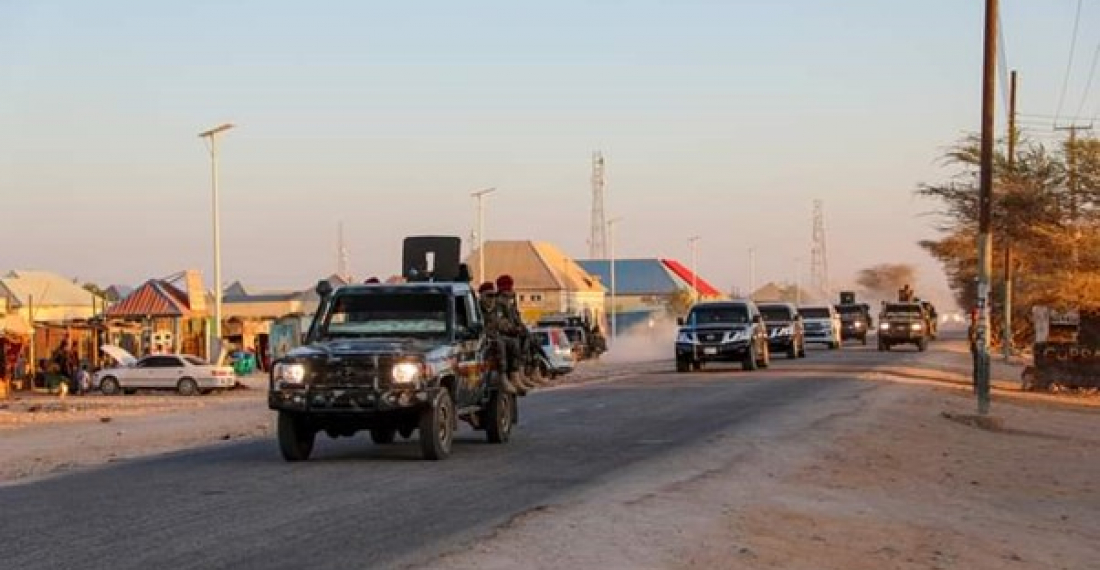On Monday two soldiers were killed in a bombing targeting the President of Somalia’s North-eastern state of Puntland, Said Dani. The bombing comes as a wave of Al-Shabaab linked attacks target the Lower House of Parliament elections due to finish in the coming week.
The Islamist group, functioning as an extension of Al-Qaeda, previously claimed the lives of 15 civilians and one candidate in the central town of Beledweyne on Saturday. The attack injured an additional 30, according to local officials.
Parliamentary elections are entering their final stage after being postponed in April of last year. At the time, President Mohammed Abdulahi Farmaajo attempted to extend his term by two years, against the will of Prime Minister Mohamed Hussein Roble. The move resulted in pro-government and opposition fighters firing at each other in the streets of Somalia’s capital, Mogadishu days later
Earlier this year, President Farmaajo and Prime Minister Roble agreed to finalise the elections for the lower house by February 25th. The two political rivals have struggled to come to terms, with PM Roble accusing President Farmaajo of continued corruption and violation of the constitution.
Parliamentary elections in Somalia follow a complex indirect model, where state legislatures and clan delegates vote in members, who in turn elect the country’s President. Currently, 130 members of the 275 seats have been filled and the indirect election of the President is scheduled for the 25th of February.
Recent reports of election irregularities are springing up in parts of the country. The election oversight committee, known as the Federal Elections Implementation Team (FEIT) has nullified the elections results in Bedweyne, the capital of the central Hiran region.
The international community fears that the power struggle between the two may further destabilise the East African country. Al-Shabaab, which operates out of and controls large swaths of Southern and Central Somalia, has increased its presence throughout the country, targeting polls as well as candidates.
Somalia’s security minister, Abdullahi Mohamed Nur acknowledged the government’s shortcomings in recent days, blaming his government’s focus on the parliamentary elections. The government has vowed to wipe out the Al-Shabaab presence and seeks reprisal for recent bombings.
Head of the African Union Mission in Somalia (AMISOM), Ambassador Francisco Madeira, spoke on the continuing security struggles to the UN Security Council on the 15th of February. Highlighting increased threats from Al-Shabaab and rumours of an ISIS resurgence in Somalia, Madeira expressed a continued desire to support Somali security forces. The shape, however, that such support would take was likely to change in the near future.






